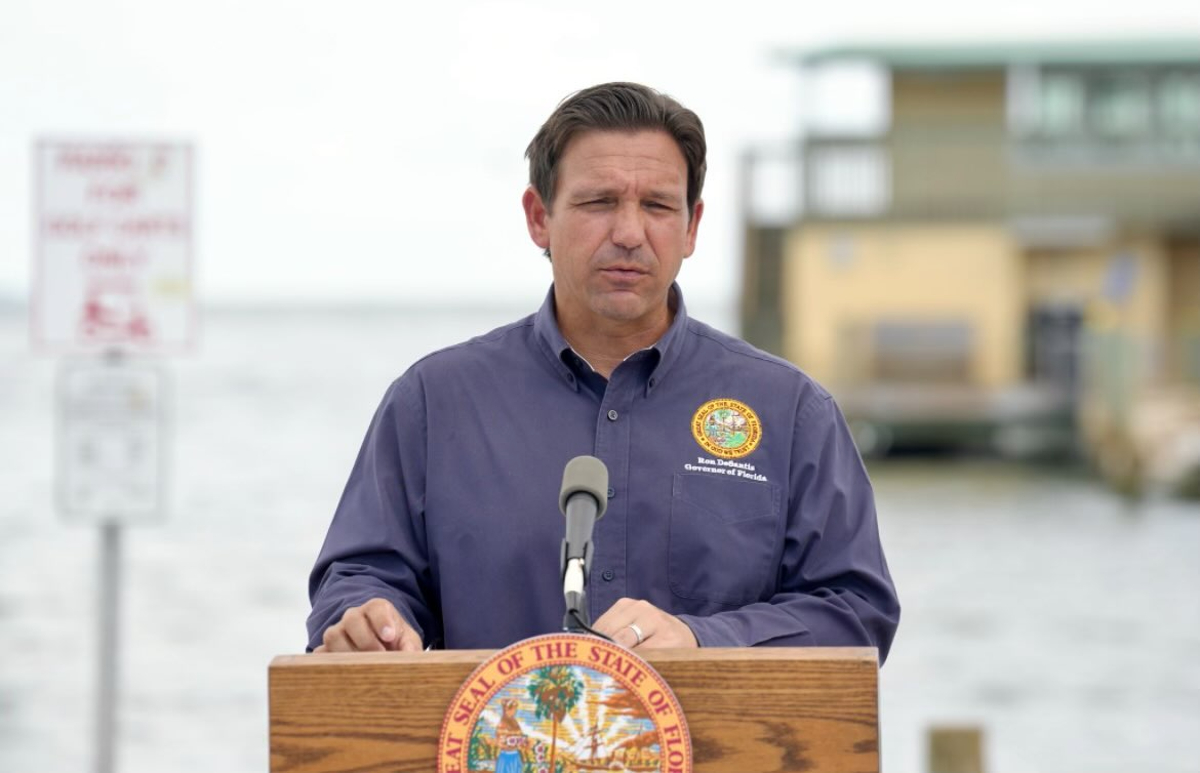Florida Becomes Second State to Ban Fluoride in Drinking Water
Gov. Ron DeSantis signs a bill prohibiting fluoride in water systems, echoing concerns about government-mandated health practices.
Subscribe to unlock this story
We really don't like cutting you off, but you've reached your monthly limit. At just $5/month, subscriptions are how we keep this project going. Start your free 7-day trial today!
Get StartedHave an account? Sign in
Overview
Florida Governor Ron DeSantis has signed legislation banning the addition of fluoride to public drinking water, citing concerns over forced medication. This measure aligns Florida with Utah, the first state to implement such a ban. Critics, including health officials and dentists, warn that discontinuing water fluoridation could lead to increased dental issues, particularly in children. DeSantis argues that alternatives to fluoride are available and that the decision allows for personal choice. The ban will take effect on July 1, highlighting a growing trend among some states against water fluoridation.
Report issue

Read both sides in 5 minutes each day
Analysis
- Gov. Ron DeSantis signed a law prohibiting the addition of fluoride to Florida's water systems, becoming the second state, after Utah, to implement such a ban.
- DeSantis argues that mandatory fluoridation is a form of forced medication that restricts individuals' choices about their health.
- Public health experts express concerns that the ban could lead to increased dental problems, particularly affecting vulnerable populations who rely on community water fluoridation.
Articles (11)
Center (4)
FAQ
Governor DeSantis cited concerns over 'forced medication' and the desire to allow personal choice, noting that individuals can access fluoride through other means.
Florida follows Utah as the second state to ban fluoride in public water, and lawmakers in other states are considering similar legislation. This trend reflects a growing movement against mandated health practices in public water systems.
Critics, including health officials and dentists, warn that stopping water fluoridation could lead to increased dental issues, particularly in children.
History
- This story does not have any previous versions.







